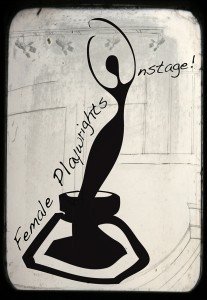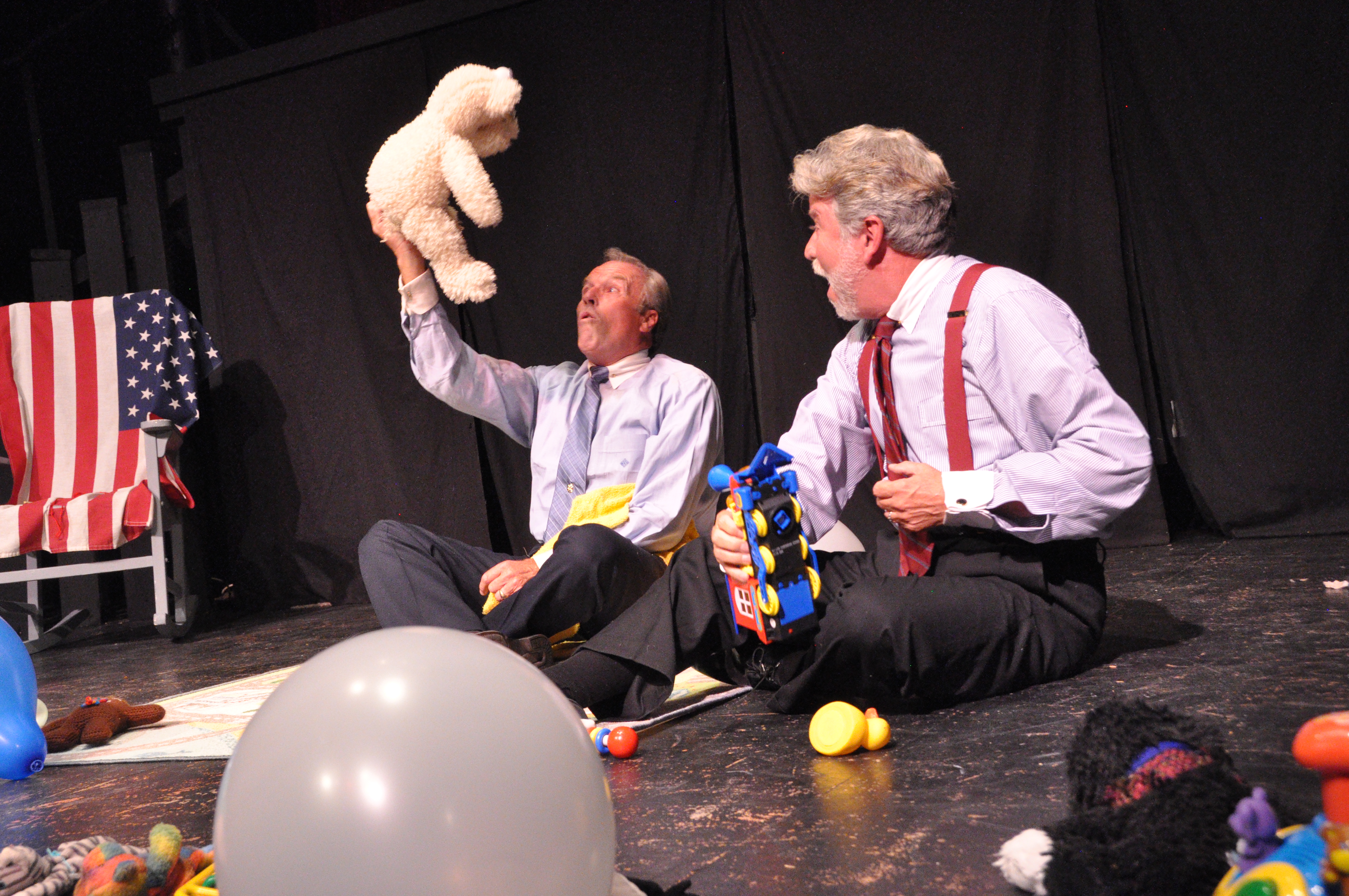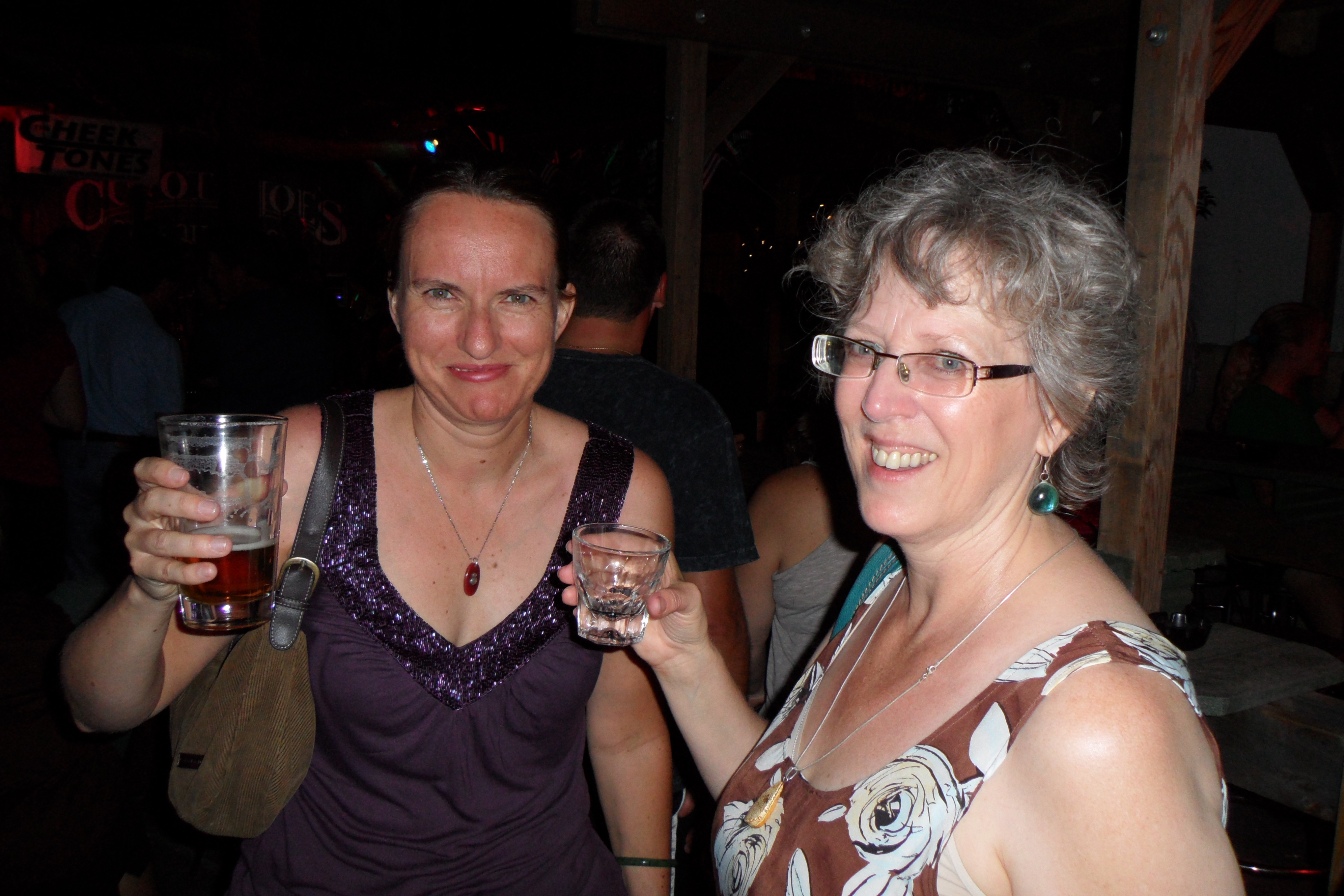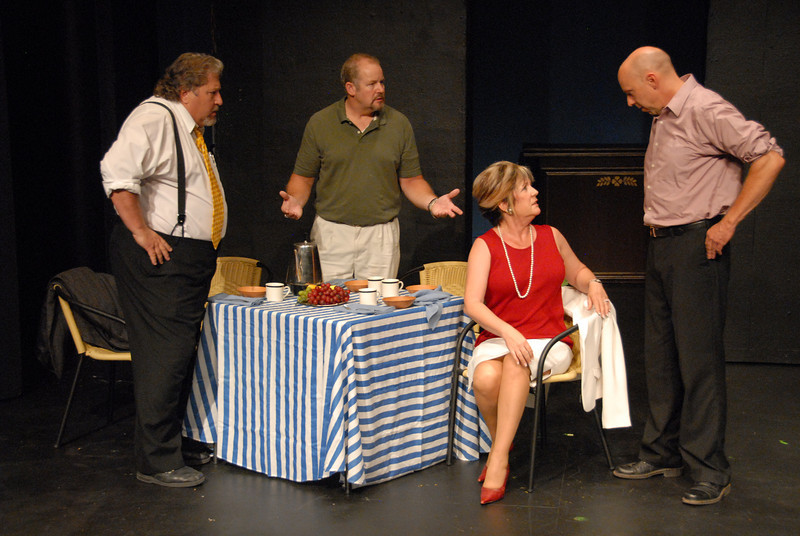Originally posted on the LAFPI blog.
I go t started in theatre as an actress. I loved being on stage, but I hated auditioning because that very necessary internal confidence that keeps a persom from being a neurotic mess was rarely in full bloom for me. Instead, I’d pretend I felt confident at auditions and then quietly go home where I could pick apart every choice I’d made and obsess in peace.
t started in theatre as an actress. I loved being on stage, but I hated auditioning because that very necessary internal confidence that keeps a persom from being a neurotic mess was rarely in full bloom for me. Instead, I’d pretend I felt confident at auditions and then quietly go home where I could pick apart every choice I’d made and obsess in peace.
Then I directed my first show, which meant I was casting a show for the first time, and in so doing, I had a revelation: for the first time, I understood just how much time I had wasted locked in actor anxiety about things I had very little control over. After that experience, I auditioned with a lot more boldness, confidence, and less personal worth on the line. It was freeing.
I woke up this morning reflecting on this, because we at Little Black Dress INK recently announced our ONSTAGE Finalists and I thought it might be interesting to know how I came to narrow down what was a very awesome list of 36 plays to just 15.
First, it’s important to know that we use a peer review process to select our initial semi-finalists, so all of our participating playwrights are responsible for determining the first cut. After that, I consider peer-review scores and Partner Producer nominations along with the points I’m outlining below to create what I hope will be an awesome and successful line-up.
So, in the interest of helping alleviate some writerly anxieties, I’d like to talk today about what I’ve learned—as a playwright—in the five years I’ve been producing new plays:
- First, proofing your work is important, but a typo here or there won’t sink the ship! I can’t believe how many playwrights send in work that just looks like a hot mess. If you don’t take my time as a reader seriously, why should I take your play seriously? Make your plays easy to read – format it in a way that is friendly to the eye and go over it for typos and grammar! BUT, that said, if a play is truly unusual, gripping, or awesome, I’m much more likely to excuse a few formatting hiccups. That’s just the way it is. I would never not-produce a piece that I loved just because there were a few misspelled words. On the other hand, most of the time, the work that is the most compelling is usually also in top readable shape.
- Contrary to popular belief, we don’t just select the “very best” pieces. If I’m creating a festival line-up, I’ve got to build a satisfying one – and that means a mix of genres and topics and tones… I may have nine FABULOUS dramas, but if I produce an entire evening of dramas, my audience is going to be exhausted. The same holds true if I have multiple pieces that tackle the same subject: even if they’re fantastic, I’m only going to put one of those in the line-up because including too many similar pieces in one night can feel redundant.
- I like to use monologues in my fest, so I do. Monologues have been a really nice addition to our festivals – they are perfect curtain pieces that keep the audience engaged while we set the stage for the next piece. So, when I select my final line-up, monologues are something I put a lot of energy into. The other fabulous discovery I’ve made as a producer is how incorporating short scenelets (a 10-minute play comprised of several mini-scenes) into our fest between plays can provide a delightful through line in what is usually a fractured event. This is just my own preference – and other producers will have theirs. The reason I mention it is that if I’m selecting 5 monologues to help cover set changes, I might not be able to include that 9th totally awesome play in the line-up.
- “Best” is relative. This one is a no-brainer, but I still mention it because I think even though we all know it, it helps to be reminded once in a while. Personally, I like plays that feel like they can only live on the stage. I like plays that challenge or delight me, plays that feel fresh and unique and unlike anything I’ve seen or read before… But what’s the common thread in all that? Me, myself, and I. What’s “fresh” to me isn’t guaranteed to feel fresh to she/he/you – so it’s an unpredictable factor that a playwright can’t control and shouldn’t fret over. What I like about our peer-review process is that it identifies a broad spectrum of work that is outstanding – not just from my own personal perspective, but from a variety of eyes – but as I winnow that list down to the final selection, my perspective comes back to fore. You could take our same group of 2015 semi-finalists and create a multitude of awesome festival line-ups, each uniquely reflective of what different producers were looking for… and there’s just nothing a writer can do to change that. Which is why the best thing a writer can do is write work they believe in, send that work out in the best shape they can get it into, and repeat. Meanwhile, we’ll be here sifting through the incredible amount of awesome work, trying our best to create a line-up that we feel best matches our mission, our audience, and—sometimes—our own personal aesthetic.
And there it is – my ten cents on festival selection. I hope it’s of interest and of help to you, my fellow writers!





